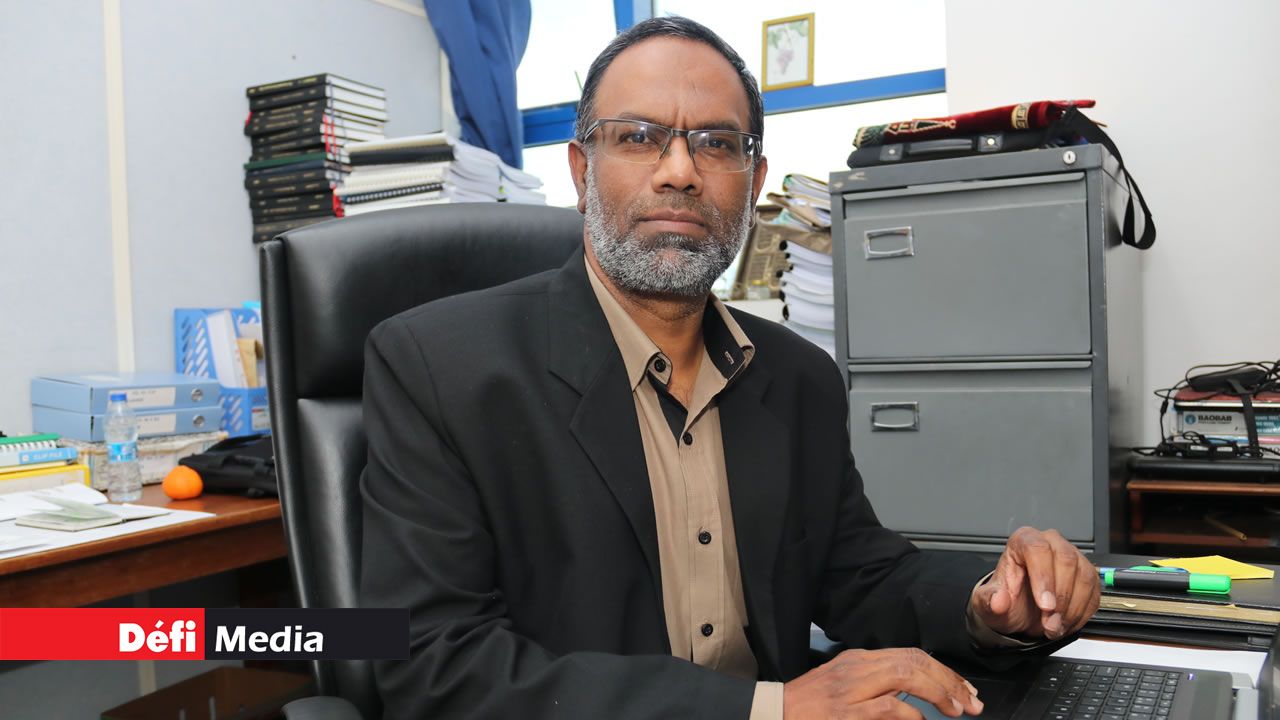Professor Khalil Elahee: "There is no energy security if we are not more rigorous in our assessments"

Professor Khalil Elahee, chair of the MARENA Board and an energy specialist, explains that the CEB and the Energy Efficiency Management Office (EEMO) have demonstrated a reduction of at least 5 MW during peak hours on Thursdays due to live interventions on MBC's 7:30 PM news. "This is an initiative that could be implemented every evening, for example, by displaying the consumption at the bottom of the screen throughout the news. Clearly, energy security begins with demand management," he asserts.
He adds that around 30,000 air conditioners are installed each year. "If, at peak times, say 8:00 PM, one out of five air conditioners in the country is running because it’s too hot, demand could decrease by at least 7 MW if we set them to 25 °C instead of 20 °C. We must remain vigilant for the rest of the summer, but we also need to monitor daily peaks. Simple measures like avoiding waste are crucial," he argues.
According to the expert, attention should also soon be given to refrigerators, which consume 20% more energy in summer than in winter. Khalil Elahee believes the Cabinet has approved the introduction of Minimum Performance Standards for air conditioners, but similar measures are needed for refrigerators.
"With climate change, we should expect a rise of 1.5 to 2 °C by 2050, which is twice what we’ve seen since the 1960s. Additionally, for every 10% increase in ambient humidity, due to poor natural ventilation, we can expect an additional 20% increase in consumption. In the long term, we must certainly invest in "solar cooling" for both air conditioning and refrigeration," he emphasizes.
The energy expert continues by stating that we need to better understand demand forecasts. He mentions that in 2018, the CEB anticipated a demand of 265 MW for 2025, which was later revised to 544 MW, and we have now already recorded 567.9 MW. "There is no energy security if we are not more rigorous in these assessments. An integrated approach is necessary in this process," he advises. He specifies that the Time of Use Tariff is a priority. Khalil Elahee believes that with intense awareness, consumers should pay the real prices for electricity. "They do not waste as much. And if they generate electricity for the CEB using photovoltaic panels, they should be compensated fairly, especially if it helps us avoid dependence on heavy fuel oil or kerosene as we do now. For better energy security, we must also engage the private sector in both demand management and the production of green energy," he states. Ultimately, the energy expert indicates that we need to carefully consider practical yet holistic solutions. "For example, desalination is currently in the news, but how can we proceed if we already have a very high electricity demand? Solutions exist, such as decentralized renewable energy. Therefore, an integrated action plan is necessary rather than piecemeal responses to the current crisis, whether for water or electricity," the expert concludes.
